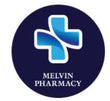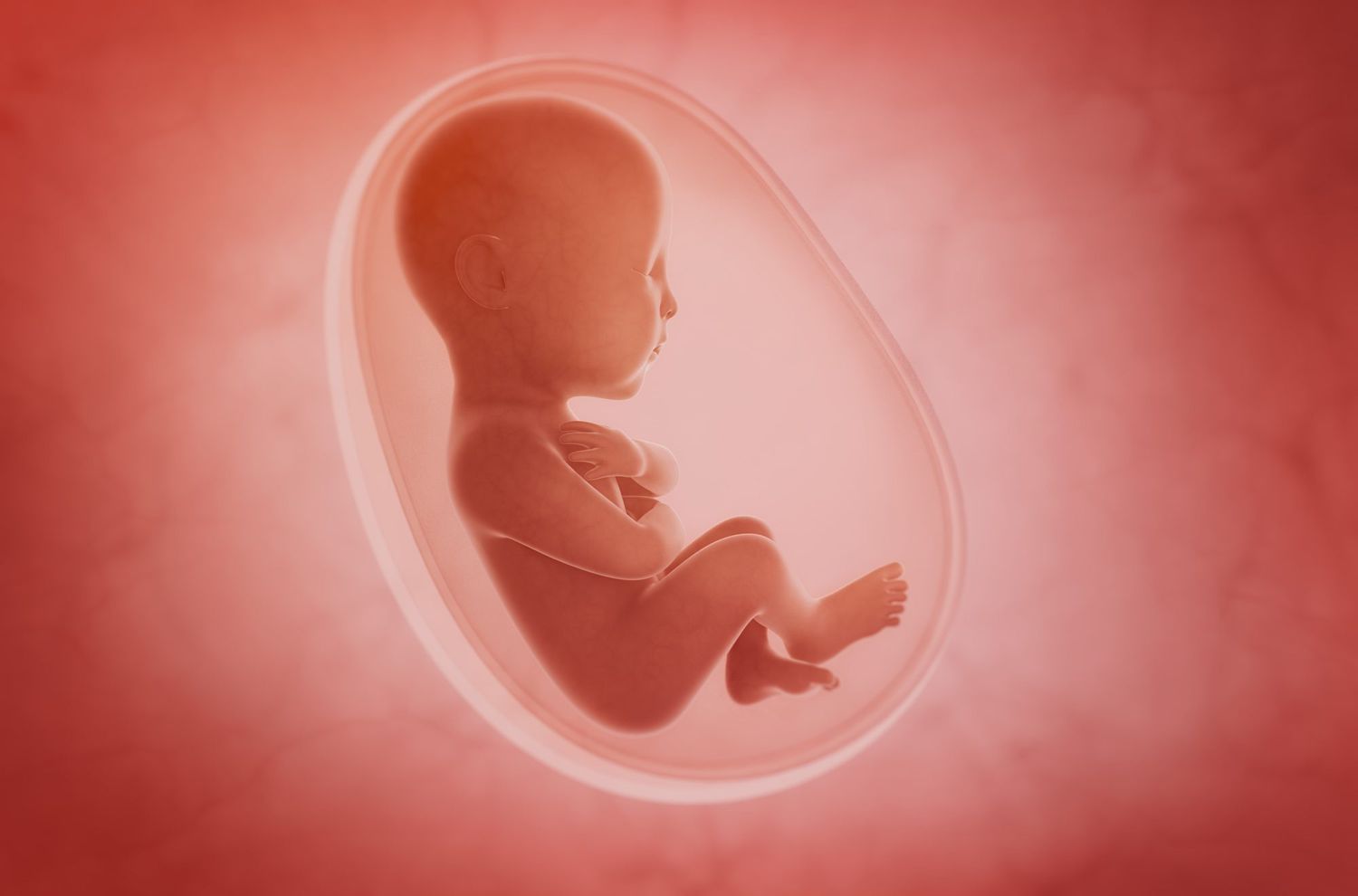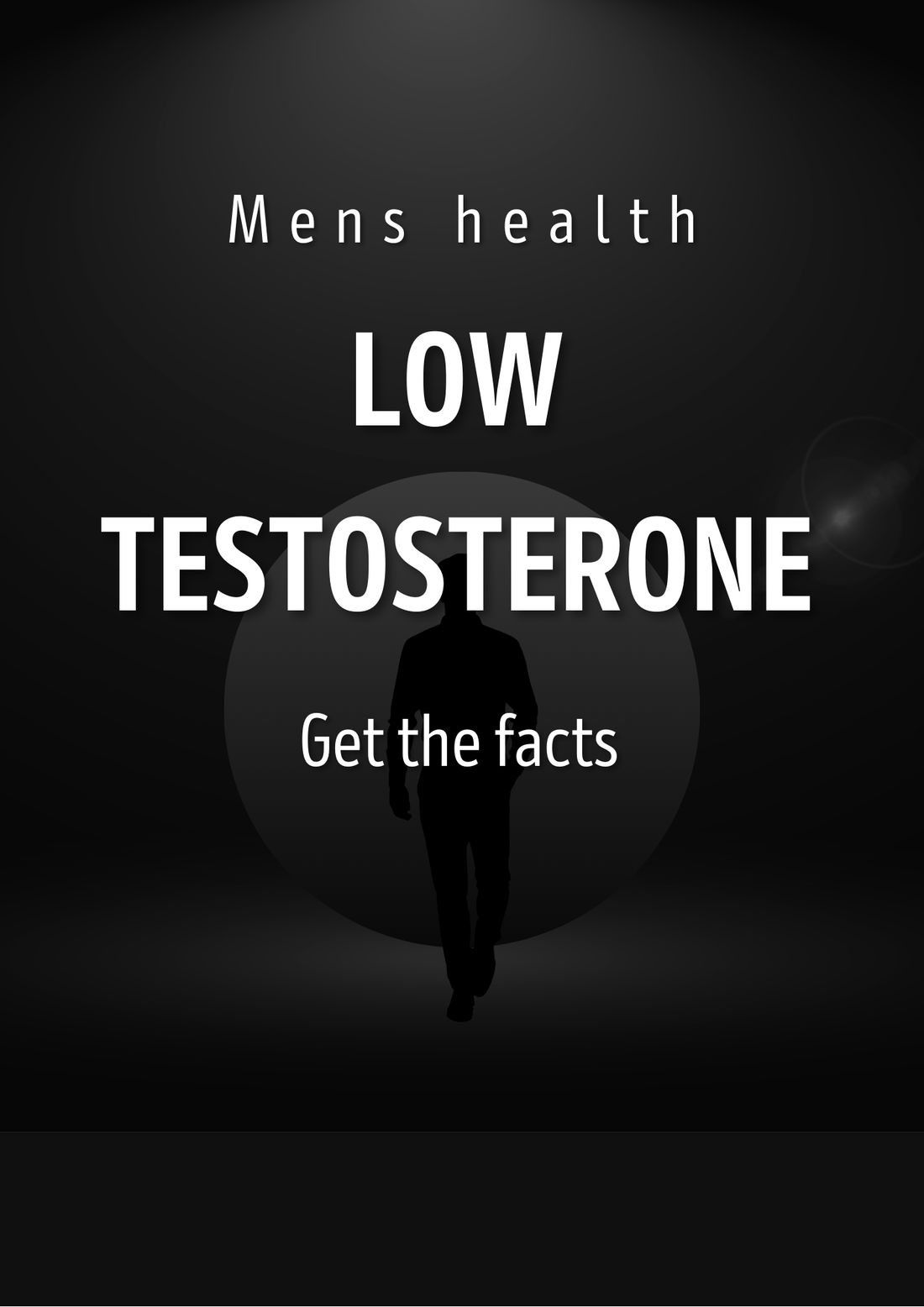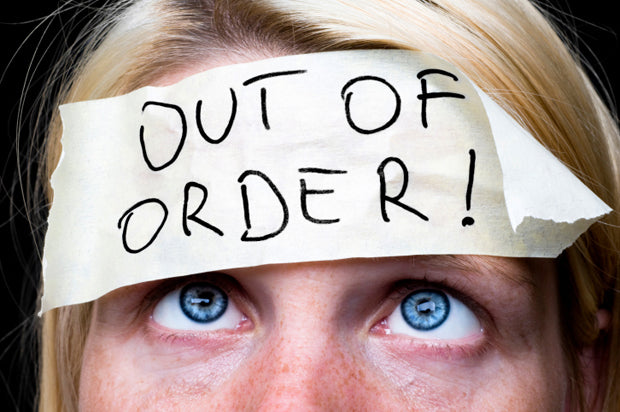Are you a women who is hoping to get pregnant, or just want to know what to do when the time comes to plan for your baby?
Are you confused by all the vitamins out there claiming to be the wonder pregnancy pill!
Well, look no further. I've broken it down simply, and just stuck with NHS advice. This should be more than sufficient for most women, unless your nutritional intake is poor.
Here's my tips!
Take a folic acid supplement
It's recommended that you should take a daily supplement of folic acid when you're pregnant, or there's a chance you might get pregnant.
You should take a 400 microgram supplement of folic acid every day before you get pregnant, and every day afterwards, up until you're 12 weeks pregnant.
Folic acid reduces the risk of your baby having a neural tube defect, such as spina bifida.
A neural tube defect is when the foetus's spinal cord (part of the body's nervous system) does not form normally.
You might be advised to take a higher dose supplement of 5 milligram (5mg) every day.
You may need to take a 5mg supplement of folic acid if:
- you or the baby's other biological parent have a neural tube defect
- you previously had a pregnancy affected by a neural tube defect
- you or the baby's other biological parent have a family history of neural tube defects
- you have diabetes
- you take anti-epilepsy medicine
Talk to a GP if you think you need a 5mg dose of folic acid, as they can prescribe a higher dose.
Vitamin D
Vitamin D helps keep the bones, teeth and muscles healthy, and is an essential nutrient for everybody, not just pregnant women. Our bodies produce Vitamin D when sunlight hits our skin. We can also get it in our diet, by eating foods like oily fish, eggs and red meat.
Normally, between March and October, we should be able to get enough vitamin D by spending time in sunlight each day. Outside of these months it’s advised to take a vitamin D supplement.
How much vitamin D do I need when I’m trying to conceive?
Pregnant women don’t need to take more vitamin D than other people. The recommended daily dose for a supplement is 10 micrograms (mcg).
Even if you’re taking vitamin D you should still try to get outside in the sun and eat foods that contain vitamin D. Just make sure that when you’re spending time in the sun you protect your skin from burning.
Other supplements for when you’re trying to conceive
Eating a healthy, varied and balanced diet means you shouldn’t need to take any supplements other than folic acid and vitamin D before or during your pregnancy.
However, if you can’t get the right foods in your diet, you might end up short on key nutrients like iron, vitamin C and calcium. You can try and incorporate more of these foods in your diet, or take them in a supplement.
Probiotics
New emerging evidence recommends we look after the microbiome in our gut. Our microbiome is the ecosystem of bacteria, viruses and fungi in our gut. A healthy microbiome is linked with good gut health, regular bowel movements, proper production of vitamins and minerals, and a healthy immune system.
Damage to our microbiome is linked with inflammatory conditions, IBS and a weakened immune system.
When babies are born, their gut is sterile. They receive their microbiome from their mum as they pass through the vaginal canal. Therefore, it is imperative that mum has a healthy microbiome.
Eating foods high in soluble fibers (fruit/veg, wholemeal pasta and breads, lentils), drinking water, exercising, 8 hours sleep per night, spending time outside with pets is all good for our gut. However, if you are worried about your gut health, you can take a probiotic.
https://melvin-pharmacy.co.uk/collections/symprove
You all know....I recommend Symprove.

Thats it for supplements. Keep it simple, and don't be sucked in to buying vitamins you don't need. People with a balanced and varied diet don't need supplements
Other advice:
Stop smoking
Smoking during pregnancy has been linked to a variety of health problems, including:
- premature birth
- low birth weight
- sudden infant death syndrome (SIDS), also known as cot death
- miscarriage
- breathing problems or wheezing in the first 6 months of life
Quitting can be hard, no matter how much you want to, but support is available.
Cut out alcohol
Do not drink alcohol if you're pregnant or trying to get pregnant. Alcohol can be passed to your unborn baby.
Drinking in pregnancy can lead to long-term harm to your baby, and the more you drink, the greater the risk.
Keep to a healthy weight
If you're overweight, you may have problems getting pregnant and fertility treatment is less likely to work.
Being overweight (having a BMI over 25) or obese (having a BMI over 30) also raises the risk of some pregnancy problems, such as high blood pressure, deep vein thrombosis, miscarriage and gestational diabetes.
If you have any questions...call in, email us or phone us.





